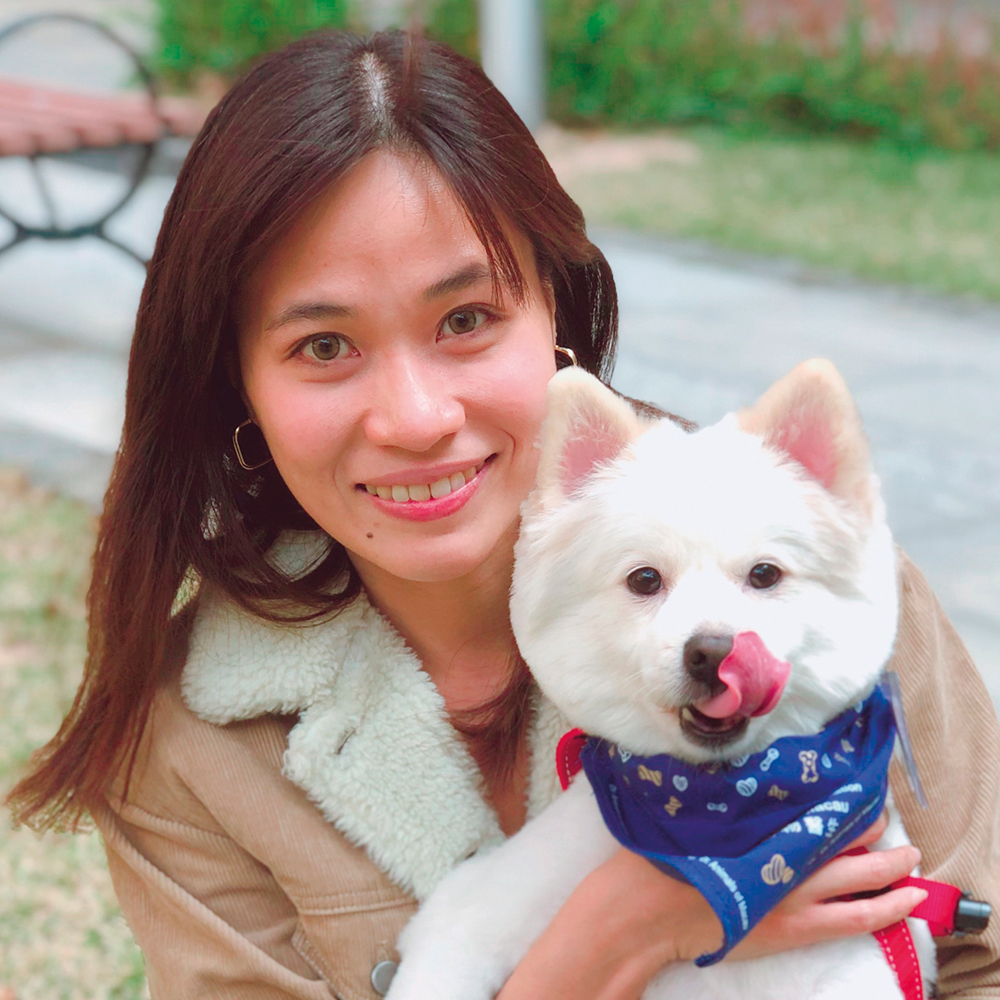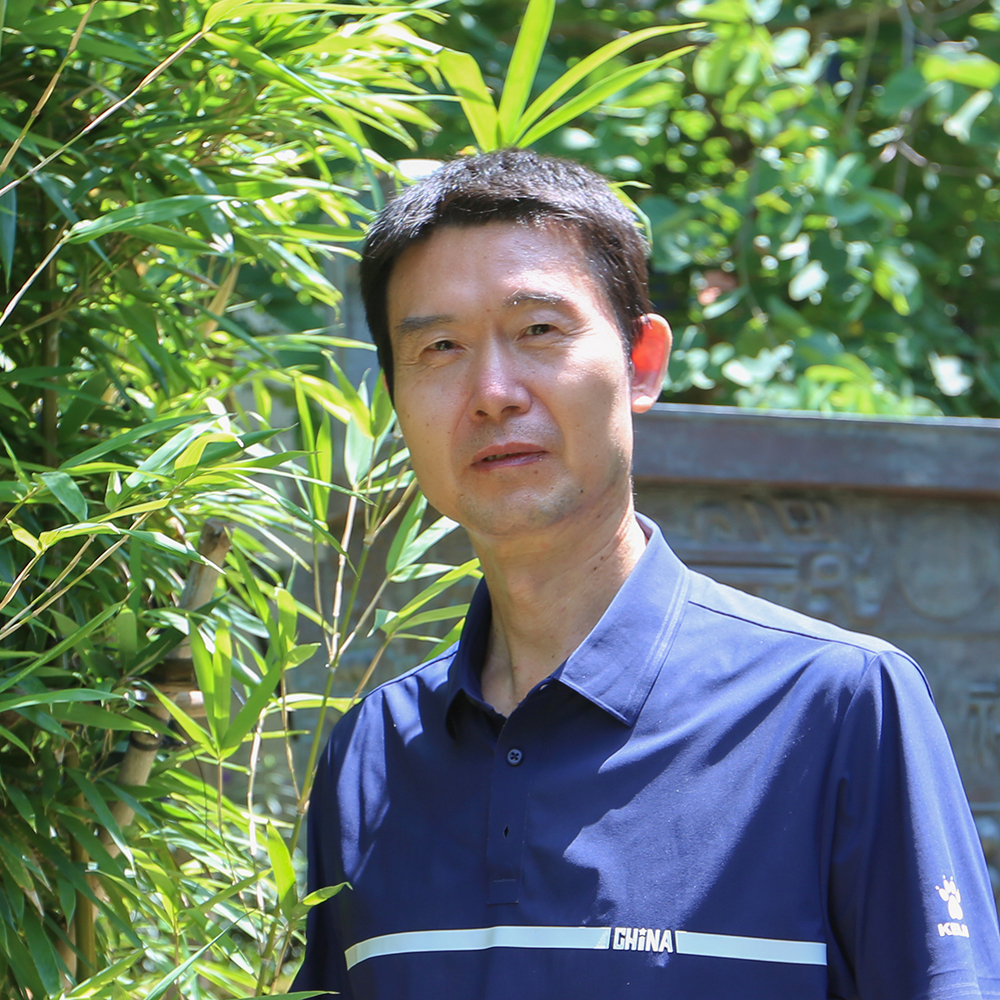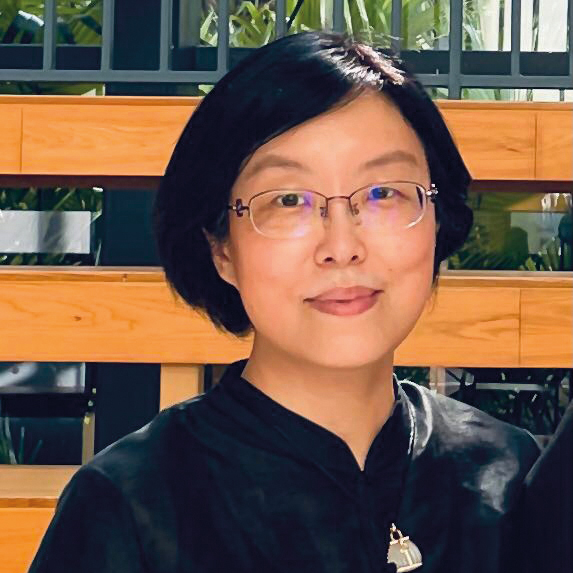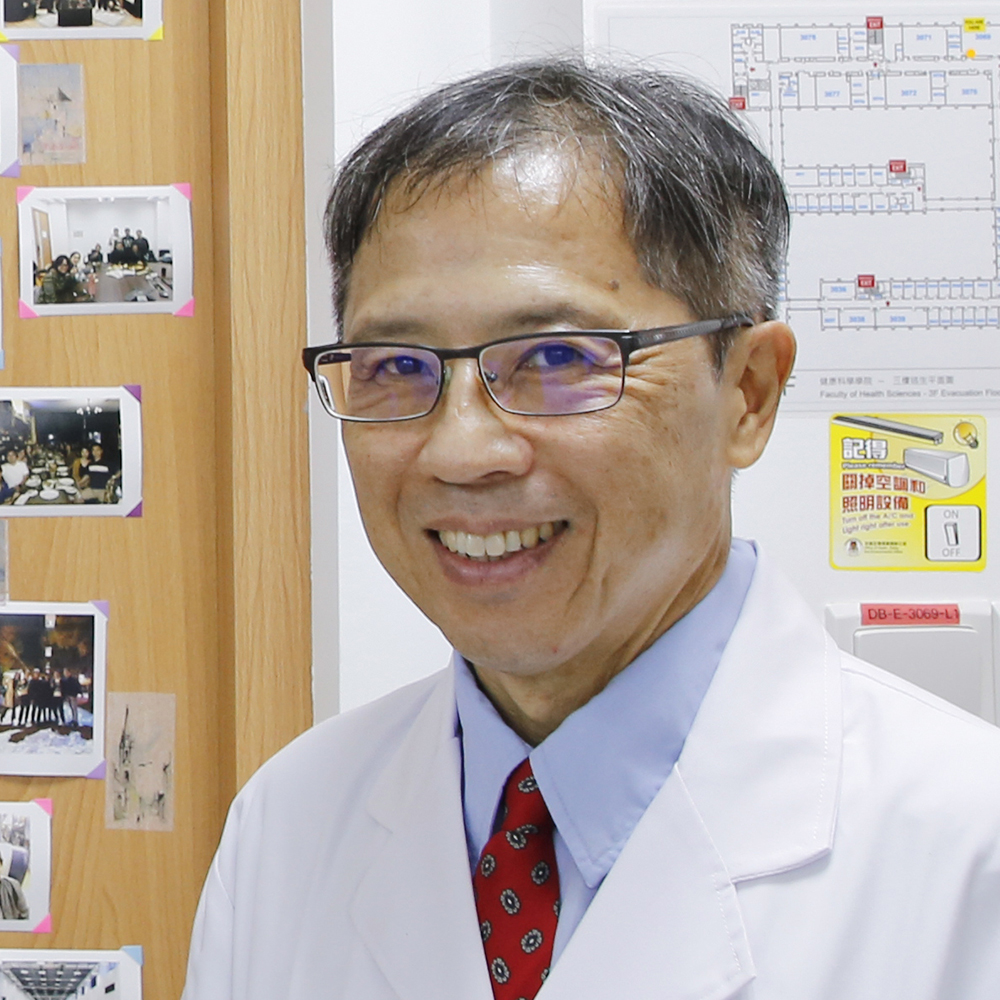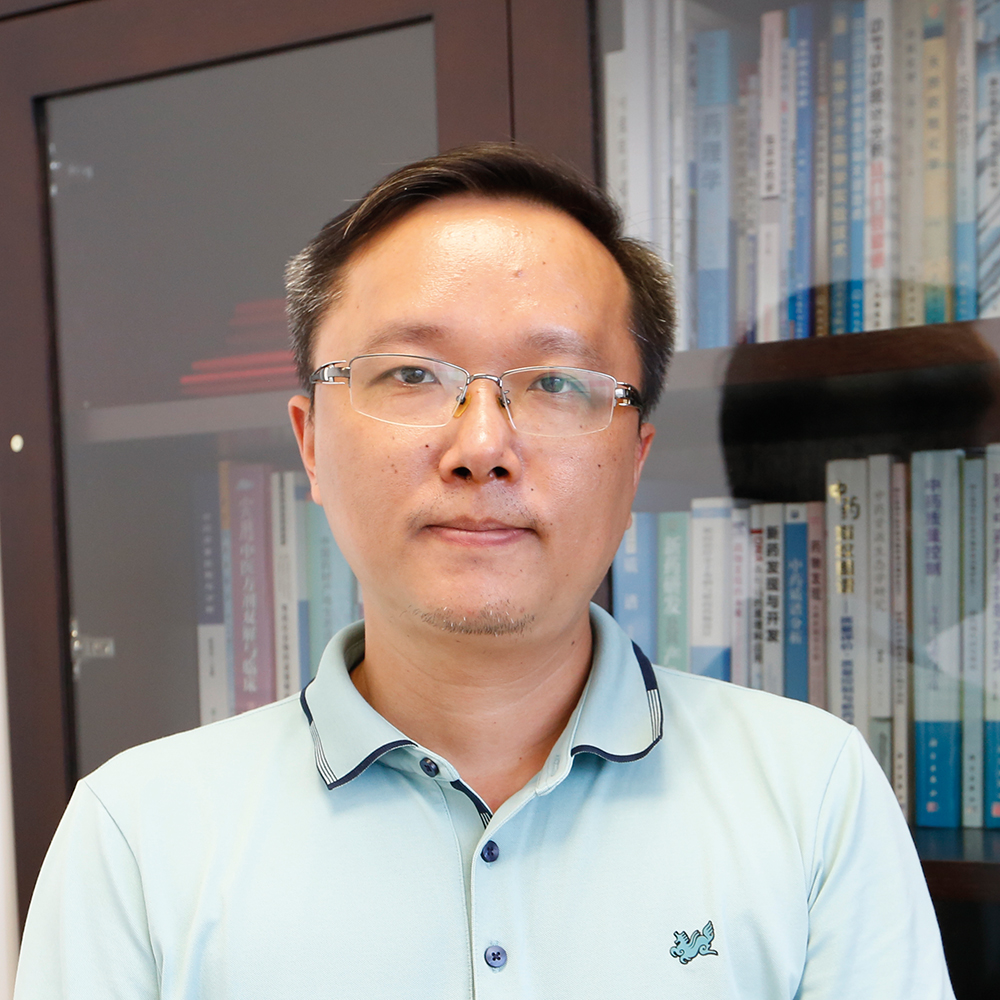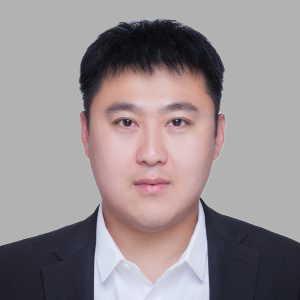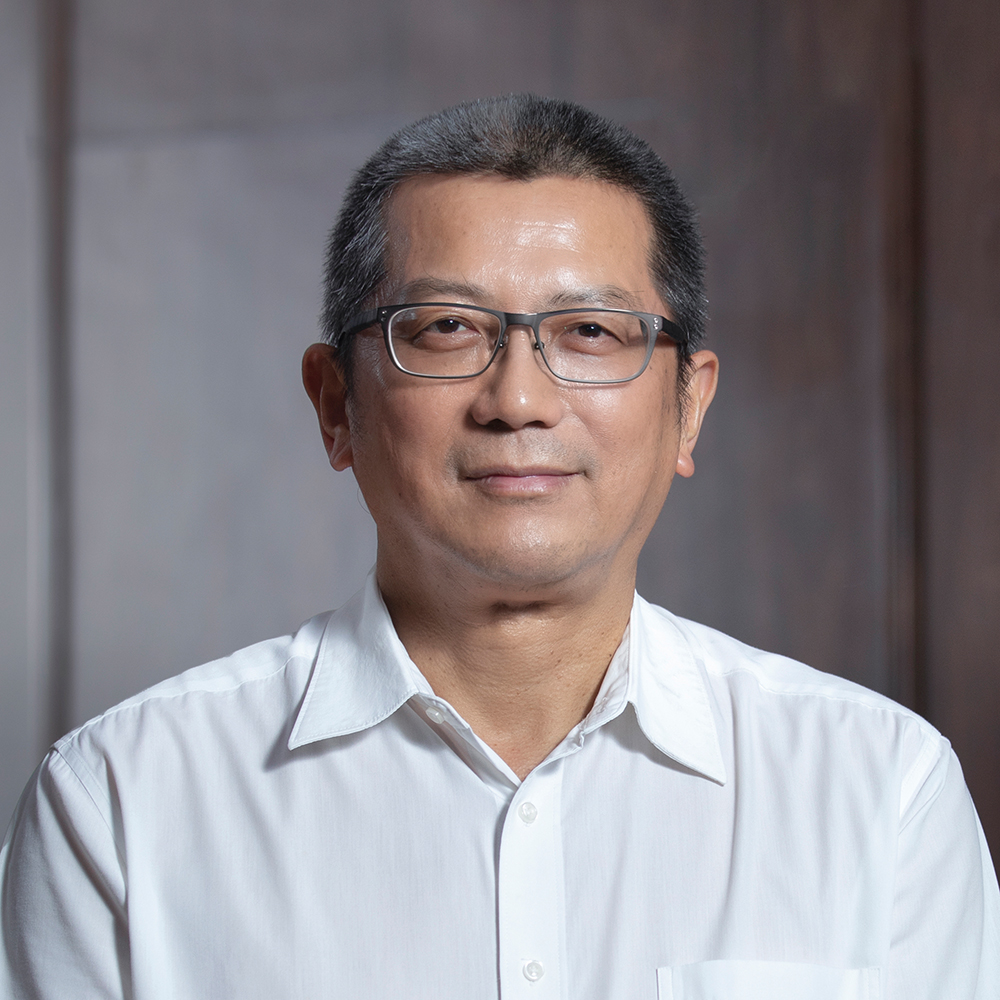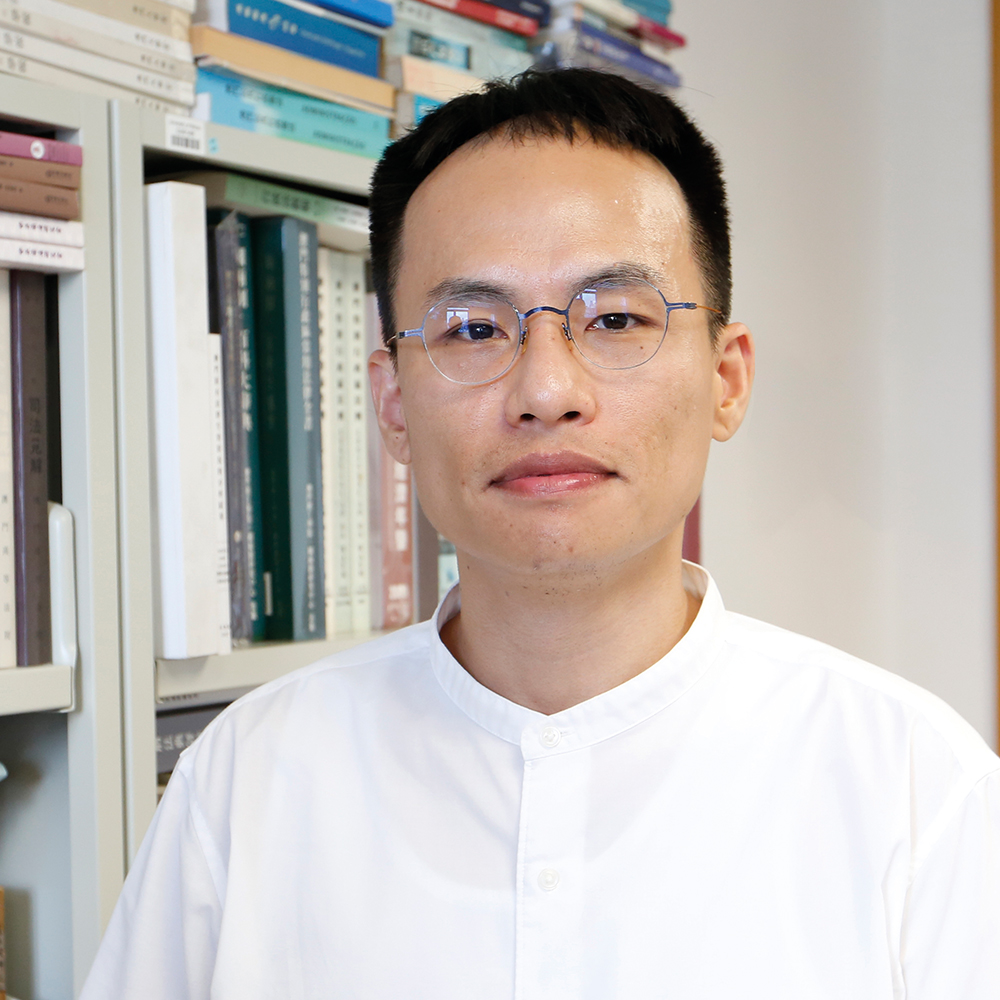General education (GE) is a cornerstone of undergraduate education in universities around the world. By studying a wide range of subjects, students can learn about perspectives other than their own, go beyond their fields of knowledge, and explore their path in a broader context. In this issue of My UM, we take a look at the GE model at the University of Macau (UM), which has been in place for a decade. We also talk to GE professors from different disciplines to learn more about the GE courses they teach and their goals.
One Compulsory Course in Each of the Four Areas
University students should not be satisfied with the knowledge and skills in their professional studies. They should also acquire the fundamental ideas of other disciplines and social issues, as well as critical thinking skills, problem-solving skills, and a strong sense of social responsibility, which will help them face complex challenges after graduation and become the citizens and leaders that the world needs today. For undergraduate education, the university adopts a ‘4-in-1’ model of whole-person education, which consists of discipline-specific education, general education, research and internship education, and community and peer education.
UM launched its GE model for undergraduate students in the 2011/2012 academic year. From the 2017/2018 academic year onwards, undergraduate programmes at UM include GE courses consisting of four compulsory courses and over 60 electives. These courses fall in four areas, namely Global Awareness, Literature and Humanities, Science and Technology, and Society and Behaviour, with a compulsory course in each area. Most courses are taught in English, with some in Cantonese, Mandarin, or Portuguese.
Learning about Macao and Chinese Civilisation from Different Perspectives
‘Macao and Chinese Civilization’ is a compulsory course in Global Awareness. Catherine Chan, assistant professor in the Department of History, is one of the instructors of the course. Prof Chan is an expert on the history of Portuguese communities in Macao and Hong Kong. According to her, many students have little knowledge of the territory’s cross-cultural, intercultural, and religious history before taking this course. She begins the course with the history of Macao in the context of the development of South China, starting from the culture of the boat people and the Mazu culture in Ming Dynasty Macao.
‘This course is about the exchange of ideas between Chinese civilisation and other civilisations in Macao. It shows the close connections and interactions between the city and the world over the past centuries. We want to help students understand the role of Macao in the world as well as the influence of the world on Macao,’ says Prof Chan. ‘We hope that after learning about historical events and people from different perspectives, students will be able to develop their creativity and critical thinking skills so that they can learn more about themselves from different angles and broaden their horizons.’
Reasons behind Language and Cultural Development
The GE courses in Literature and Humanities invite students to explore what it means to be human through a range of texts and modalities. Chen Zhong, deputy director of the Confucius Institute of UM and associate professor in the Department of Chinese Language and Literature, is one of the instructors of the compulsory course ‘Chinese Language and Culture’. According to Prof Chen, the course aims to familiarise students with the unique ‘Chinese cognitive style’ that underlies the Chinese language and culture. ‘Most of our students have Chinese cultural backgrounds and speak Chinese as their mother tongue, but they do not necessarily know the cognitive style behind their own language and culture. Why, for example, does the surname come before the first name in Chinese and other East Asian languages, while the opposite is true in Indo-European languages? This reflects the different cognitive styles of different cultures,’ says Prof Chen.
The course, which is taught by several members of the Department of Chinese Language and Literature, provides an overview of ancient thoughts such as the Hundred Schools of Thought to illustrate the governance concepts and methods in ancient China. Students are also guided to appreciate ancient Chinese wisdom from classics such as Analects of Confucius, Tao Te Ching, and The Art of War by Sun Tzu. ‘I hope students will continue to improve their intercultural communication skills after completing the course, so that they will be able to cope with competitors and partners from all over the world upon graduation,’ says Prof Chen.
Meanwhile, Wang Mingyu, associate professor in the Department of Chinese Language and Literature, is one of the instructors of the elective course ‘Chinese Languages and Chinese Communities’. She says the course explores the significance of the Chinese language in today’s world, its diversity and unity, its role from different social and cultural perspectives, the cultural differences between different Chinese-speaking communities, and the connections between students’ own languages and other languages. ‘Language development takes place in a social context so it is inevitably influenced by social phenomena. For example, online terms that have emerged in recent years can influence the way we use language in society, and these issues are addressed in class,’ says Prof Wang.
Teaching Practical Knowledge of Science and Technology
Students of all disciplines should be aware of the importance and methods of science and technology that shape the world around us. The compulsory GE course in Science and Technology is ‘Quantitative Reasoning’, which is offered in four variants focusing on applications in business, social sciences, health sciences, and science and technology, respectively. ‘The course aims to connect topics that most students have learned in the past, including the fundamentals of logical operations, statistics, probability, and other mathematical concepts, to their daily lives,’ says Garry Wong, professor in the Faculty of Health Sciences and head of General Education Implementation at UM.
Prof Wong has taught Quantitative Reasoning for Social Sciences for several years since the current GE curriculum was introduced in the 2017/2018 academic year. He says: ‘It has been more and more common to merge quantitative subjects with other subjects. Useful information can be found everywhere, but we cannot take advantage of it without basic quantitative skills.’ According to Prof Wong, students in the course can acquire practical skills, such as calculating the interest they pay when they need a loan, and understanding exchange rates: ‘These skills are useful for making big and small decisions now and after graduation, like whether to take out insurance or buy a house.’ He adds that students in the variant course on social sciences also learn basic linear algebra, the calculation of a correlation, and finding the p-value, all of which are widely applied in social sciences and other fields.
Meanwhile, elective courses in Science and Technology include ‘Exploring Chinese Medicine’, which is jointly taught by four faculty members. In this course, students not only learn how people in ancient China discovered the medicinal properties of natural products, but also gain insights into the classics of traditional Chinese medicine (TCM), the theory and practice of acupuncture, how TCM formulas are made, and how TCM is modernised, and they have the opportunity to examine Chinese herbal products in the classroom. ‘We also teach students the basic skills to differentiate between real and fake products,’ says Prof Li Peng, associate professor in the Institute of Chinese Medical Sciences.
Another elective course in Science and Technology, ‘Microelectronic Chip Technology in Daily Life’, is taught by Zhang Minglei, assistant professor in the Institute of Microelectronics. It covers the manufacturing process of chips and their applications in 5G communications, healthcare, and smart driving. Students can also get hands-on experience with different types of chips, including those designed by UM scholars, to learn about the use of microelectronic chips in their daily lives.’
Analysing Social Issues and Values
GE courses that fall into the area of ‘Society and Behaviour’ aim to equip students with the intellectual skills to analyse issues and values in modern society. The compulsory course in this area is ‘Ethics, Values, Law and Society’, which consists of three core components. One of the components ‘Law and Society’ is taught by different academic staff, including Prof Lok Wai Kin, director of the Centre for Constitutional Law and Basic Law Studies of the Faculty of Law, and Dr Lai Kuan Ju.
According to Prof Lok, the course provides students with an introduction to the Constitution of China and the Basic Law of the Macao SAR, so that they will acquire a correct understanding of basic legal concepts and China’s reality. Teaching effectiveness is assessed by the students’ ability to understand the content of the course comprehensively and accurately.
Dr Lai says: ‘Over the past four years, each semester we improved the content of the course and created more added values to the teaching of the two laws, according to the rolling data we collected and results of randomised tests. This semester, based on our previous research, we have added content on national security that was rather inadequate in the education system in the Macao SAR. In addition, the book A Concise Reader on the Constitution of China, written by Prof Lok and other scholars, has been added to the course’s list of recommended readings.’ To meet the distinctive needs of classes taught in English, Dr Lai also includes discussions on current international issues in the course and compares different systems to give students a deeper understanding of the course content.
Chinese & English Text / Davis Ip, UM Reporters Justin Lee, Silvia Zhou, Xu Wenxin & Victor Lam
Photo / Editorial Board, with some provided by the interviewees
Source: My UM ISSUE 116


